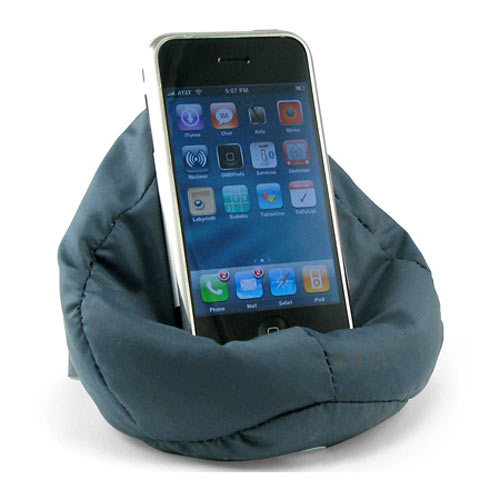
When you’re not sure that you want the person to call, you can always say you’re about to change your number because you’ve received too many hang-ups; the number used to belong to an escort service; or you want a cuter number.
If you decide that you want to give out your number and then, upon reflection, decide that it was a mistake, you can get an answering machine or a call block machine so that you can screen your calls. If it turns out that the person is more persistent than you’d like, you can change your number. Another alternative if you’re not sure whether you want to give out your phone number is to get the person’s number instead. Of course, doing so means you have to call the person.
Don’t ask for a phone number as a defensive measure, as in, “I don’t want you to have my number, but if I ask for yours, you’ll be less intense about getting mine.” Then you’re just being creepy.









 We live in a society that is both more open and more frightened than any that has ever existed before. In the United States, the idea of the chaperone has become a quaint part of our history. What we’ve forgotten is that a chaperone served a very distinct purpose: A chaperone allowed two people to get together, while keeping an eye on things. Sure, you couldn’t hold hands, or kiss, or — heaven forbid — do anything more intimate without being tsk-tsked to kingdom come, but it also meant that you didn’t have to worry about improper or uncomfortable advances or fret that your date would interpret your intentions as less than honorable. Having a chaperone along on a date may have felt restrictive, but it also meant safety. Today that restriction — and that safety — are gone. Now you’re faced with the same urge to merge but with few guidelines and no one, other than yourself, for protection.
We live in a society that is both more open and more frightened than any that has ever existed before. In the United States, the idea of the chaperone has become a quaint part of our history. What we’ve forgotten is that a chaperone served a very distinct purpose: A chaperone allowed two people to get together, while keeping an eye on things. Sure, you couldn’t hold hands, or kiss, or — heaven forbid — do anything more intimate without being tsk-tsked to kingdom come, but it also meant that you didn’t have to worry about improper or uncomfortable advances or fret that your date would interpret your intentions as less than honorable. Having a chaperone along on a date may have felt restrictive, but it also meant safety. Today that restriction — and that safety — are gone. Now you’re faced with the same urge to merge but with few guidelines and no one, other than yourself, for protection.